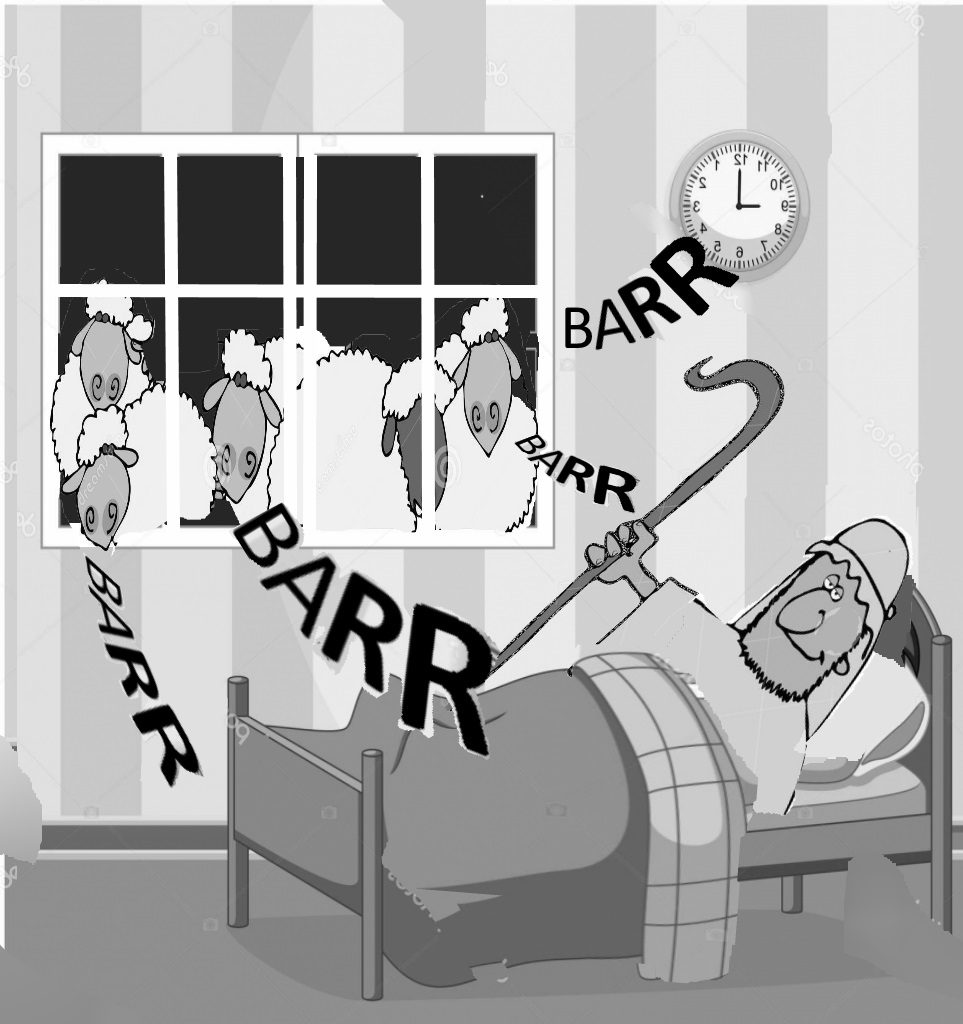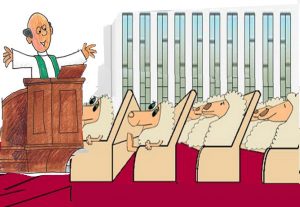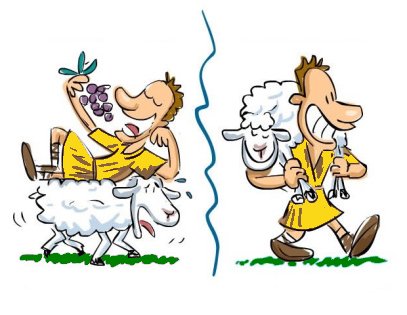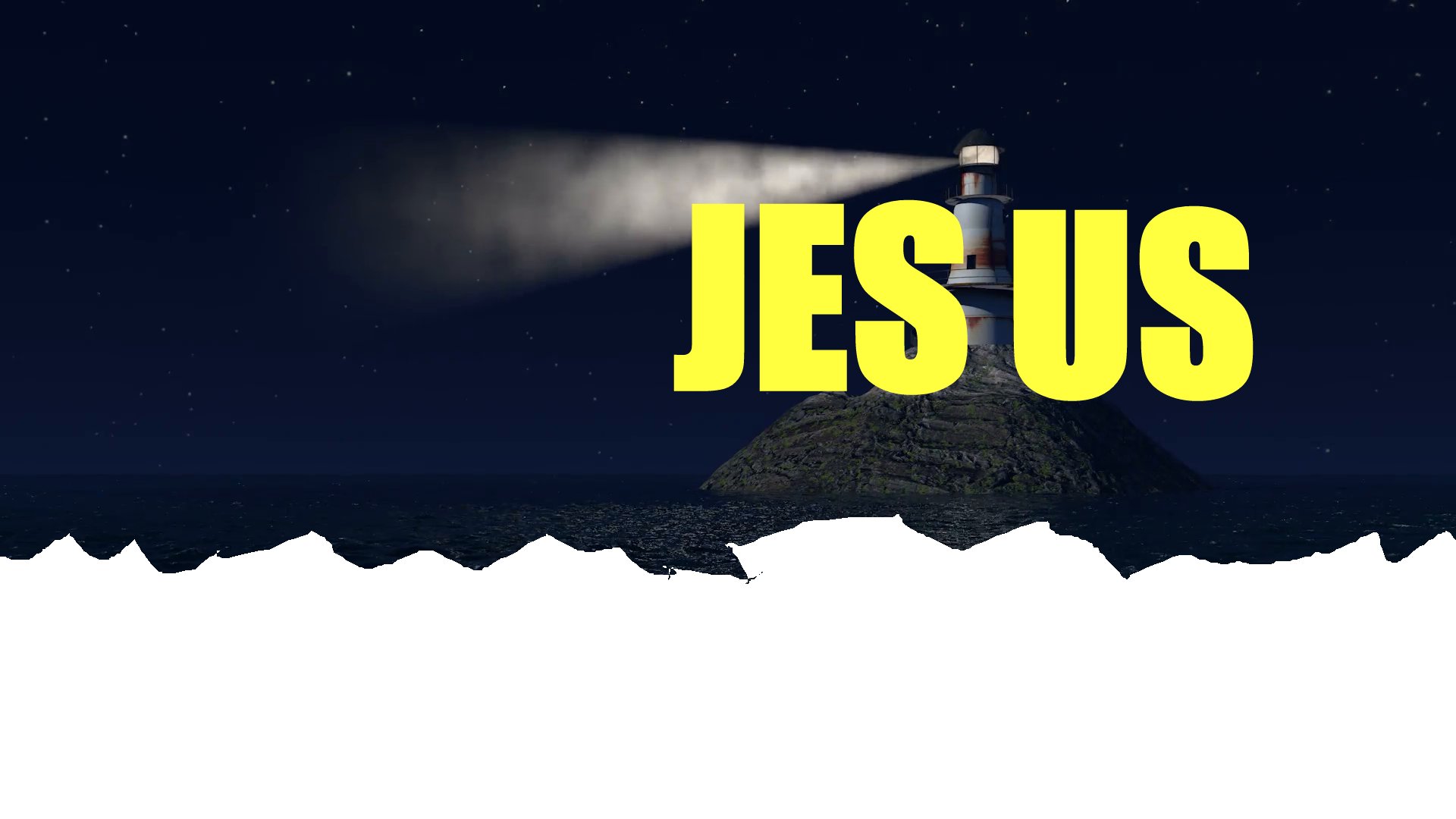‘I have other sheep that are not of this sheep pen. I must bring them also. They too listen to my voice, and there shall be one flock and one shepherd.’ John 10.16
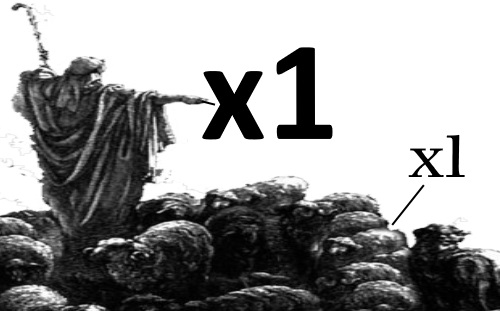
We probably don’t grasp how shocking this statement by Jesus was and within ourselves we may well not want to grasp its full meaning for ourselves now. Intellectually we may assent to it but history shows that Christians have constantly tried to modify its implications. It certainly runs against human nature and the church has repeatedly compromised over this basic tenet. Deep within human nature there is a desire to be considered more worthy than others and therefore have greater privileges and recognition. Deep in our heart we want our tribe (sheep in our sheep pen) to be superior and more rewarded than others. Of course, a modern day tribe does not have to be genetically a tribe, it can be determined by any self-created means. The church has ripped itself apart over the years creating sheep pens when they need not exist and refusing to accept other sheep pens called by God as equal in his sight to theirs.
Jesus’ original words were addressed to the Jews and the shocking fact was, he was saying there are other nations, not religions, that were also his to call into his kingdom. But worse in their eyes these fellow sheep of the same shepherd were really one flock, they not only belonged to him equally but they also belonged to each other. When the church in Galatia was trying to divide itself up into separate sheep folds, reflecting the status the world would apply, Paul comes crashing into their argument with instruction, ‘There is neither Jew nor Greek, there is neither slave nor free, there is no male and female, for you are all one in Christ Jesus.’ Galatians 3.28
How then may the church divide itself up into false sheep pens?
Division by social standing is something that does not reflect the truth that we are all sinners saved by grace and yet there have repeatedly been ways in which this worldly view has crept into the church. Consider how in time past in this and many countries seats in church have been allocated by standing in the world. I remember visiting a church where there were two toilets and a church membership of 200+, one toilet was for the minister and one for everybody else. What does the bible say about the creation of division by social standing?
‘My brothers, show no partiality as you hold the faith in our Lord Jesus Christ, the Lord of glory. For if a man wearing a gold ring and fine clothing comes into your assembly, and a poor man in shabby clothing also comes in, and if you pay attention to the one who wears the fine clothing and say, “You sit here in a good place”, while you say to the poor man, “You stand over there”, or, “Sit down at my feet”, have you not then made distinctions among yourselves and become judges with evil thoughts? Listen, my beloved brothers, has not God chosen those who are poor in the world to be rich in faith and heirs of the kingdom, which he has promised to those who love him?’ James 2.1-5
The Jews were offended by Jesus because of their sense of superiority. However, Paul says, ‘Do nothing from rivalry or conceit, but in humility count others more significant than yourselves.’ Philippians 2.3
As sheep in the shepherd’s flock we share the same hopes. The day we all look forward to is the same day when, ‘The Spirit and the Bride say, “Come.” And let the one who hears say, “Come.”
And let the one who is thirsty come; let the one who desires take the water of life without price.’ Revelation22.17
The modern Christian church is a truly global church as the Spirit has enabled Christians to obey Jesus’ command and take the gospel all over the world. The Spirit has not been bound by human opposition, it is now estimated that 1 million Chinese turn to Christ each year in a country where the government sets its face against all religion. The Bible Society has just had an appeal for money for paper to equip in China the largest bible printing factory in the world as Chinese Christians are desperate for their own copies. Sheep from another pen have been meeting that need. Barnabas Fund and other Christian Charities foster the connections between one sheep pen and another to meet the greatest needs of those belonging to “one fold” in a different pen. Go to https://barnabastoday.com/en/ to listen to the voices of those in the greatest need.The principle of meeting needs across nations and cultures was established by Paul in the early church when he gathered a collection to meet the needs of suffering Christians in Jerusalem. 1 Corinthians 16.1-4
Finally, are we prepared to learn from sheep from another fold? A contemporary example of the great benefits of recognising the contribution of other Christians of different traditions bringing great blessing is the impact of John Wimber on Holy Trinity Brompton, the home of Alpha. John Wimber, a founding Pastor of Vineyard Churches, was an important figure in HTB leadership discovering the Spirit’s ministry in healing and evangelism. This has led to many thousands becoming Christians and a continuing ministry of church planting through Holy Trinity Brompton.
Do we praise God that his church in all its diversity is one church which hears the voice of Jesus?
Are we open to learn from other Christian Churches in different circumstances and lands?
Are we prepared to count others more significant than ourselves?
Above All [with lyrics] – Lenny LeBlanc

